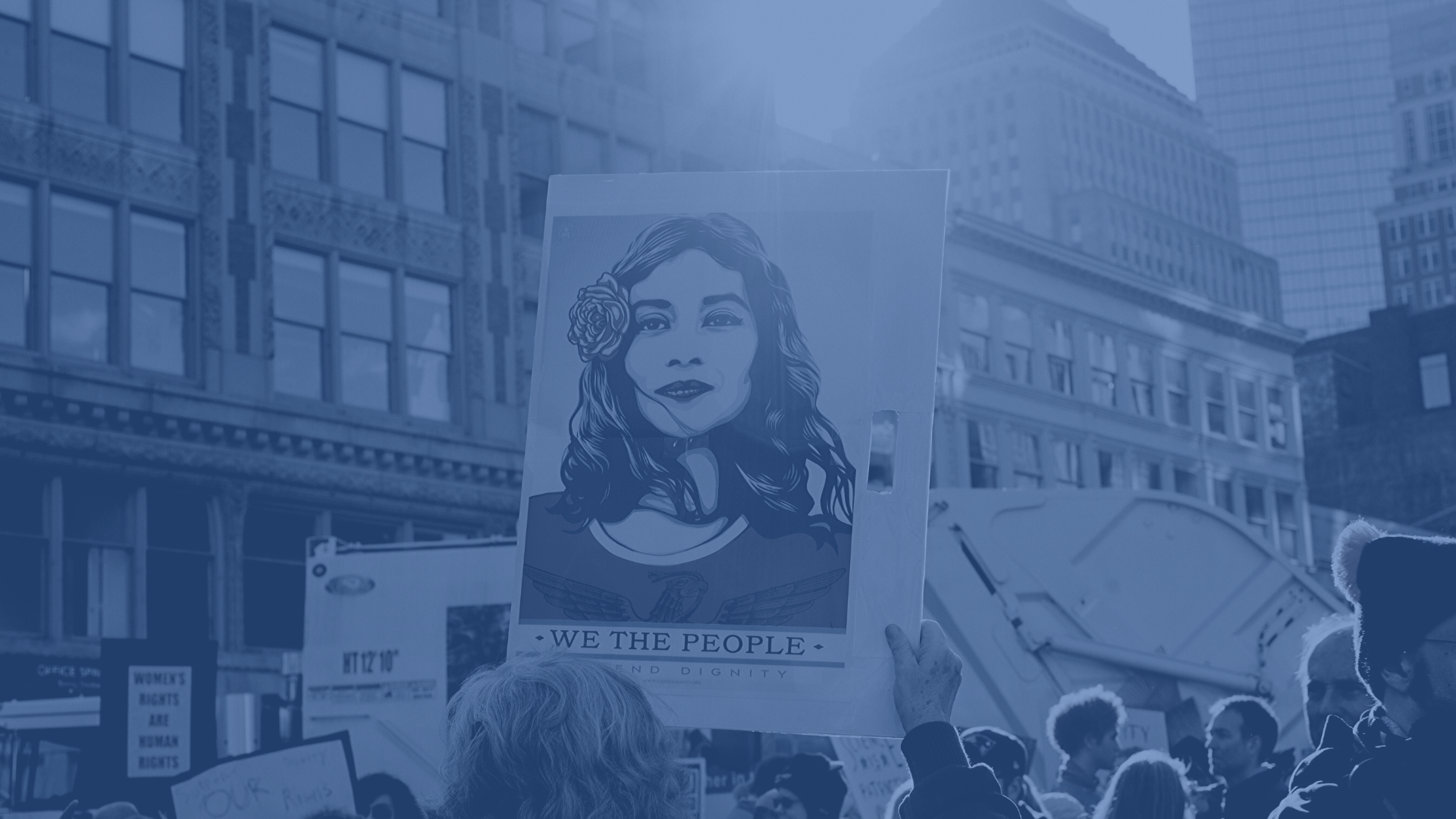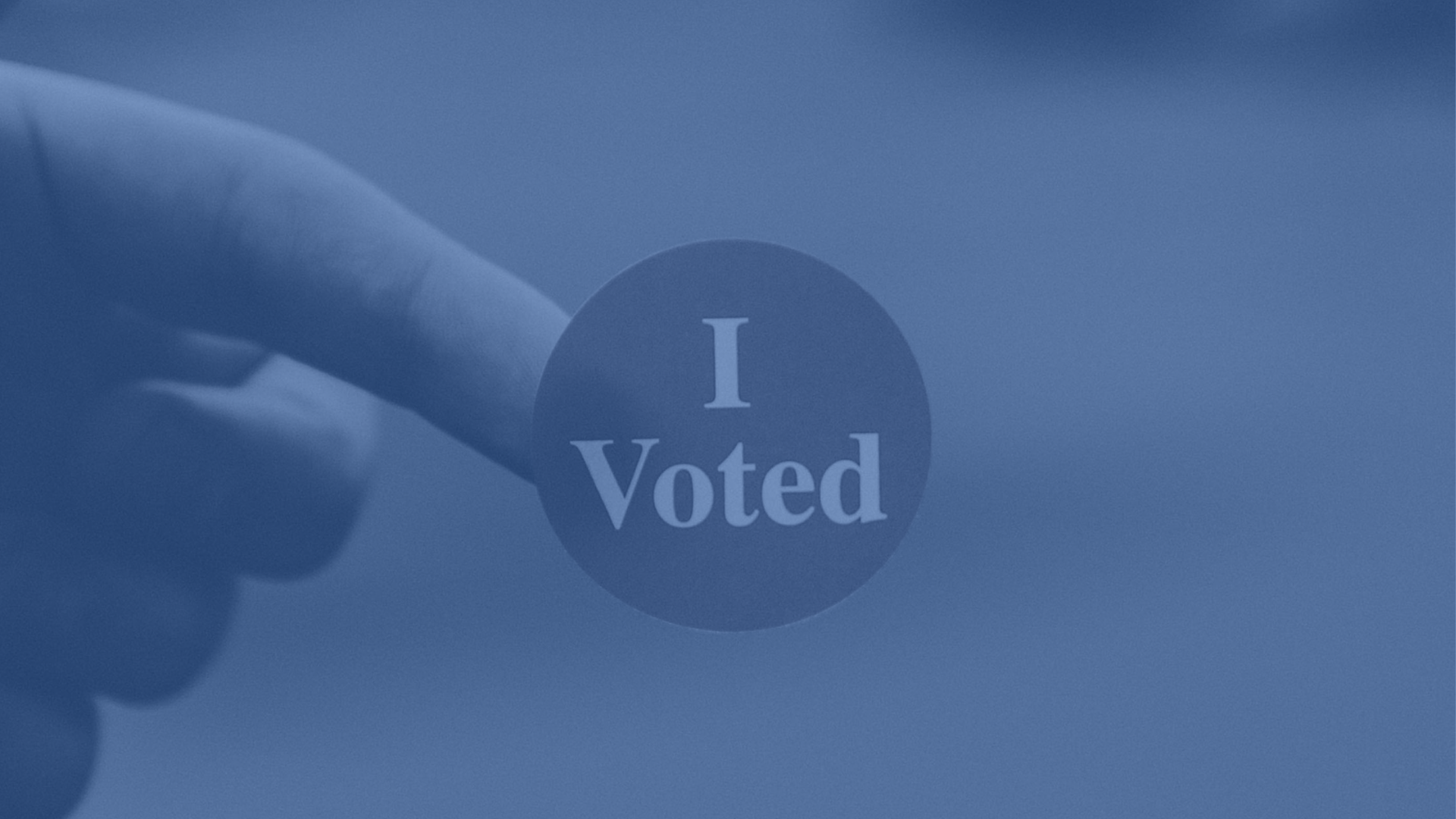Putting Sexism in its Place on the Campaign Trail
Read the memo here and the Appendix here.
With more women than ever in elected office, more women are likely to face sexism on the campaign trail. Sexism in politics can take many forms, from double standards for women candidates, to undue criticisms of their appearance, voice, or clothing. The decisions of whether and how to address sexism can be complex to navigate for women candidates—involving questions about the candidate’s electability, how to deal with personal offense, and how to message about sexist incidents.
In new Barbara Lee Family Foundation research, a majority of voters said they believed that women face sexism while campaigning, and they indicated broad support for women candidates speaking out about the sexist situations they experience. Voters expressed a clear preference for a calm, confident, and professional response—vs. angry or retaliatory—from a woman candidate in response to sexism.
KEY FINDINGS:
- There’s a longtime misperception that silence is a strong response when women experience sexism—this research suggests otherwise. Ignoring or being perceived as turning a blind eye to serious incidents of sexism can potentially result in blowback against women candidates because voters want to see strength and backbone.
- Voters view a woman candidate’s responses to sexism as a demonstration of her leadership and electability – not something that weakens the perception of her electability. Research respondents want a leader who is electable not despite the fact that she addresses sexism, but because she has the leadership skills to address it well.
- Voters are looking for a candidate to show leadership in her response with a calm, confident, and professional approach. Focusing on the job at hand, demonstrating strength, and leading with calm and confidence are the top qualities voters look for when a woman candidate is responding to sexism.
- A woman candidate using a personal narrative while addressing a sexist situation can build a connection with voters by linking to universal values. Respondents want a leader who focuses on equality, fairness, and what is best for all women and girls.
- A woman candidate’s race and age can affect the way voters perceive her response to sexism, but should not change the overall strategy candidates employ against sexist incidents. Voter preferences for how a woman candidate reacts to sexism were consistent in our research across hypothetical candidates of varying age and race.

As American women begin to cast their votes in the 2024 November election, our new Gender on the Ballot poll, conducted by BSG, shows that “the economy and inflation” is their top concern, with abortion and immigration as second and third choices.
Read More
As the 2024 election comes into focus, women across the country are more interested in political issues and more motivated...
Read More
After almost two years of contending with Covid-19, women across the country increasingly believe that the pandemic is...
Read More
The Covid-19 pandemic has upended women’s lives, highlighted inequities in health care, education and the economy, and...
Read More
Women of all ages and political affiliations — particularly millennials and women of color—have become more politically...
Read More
Conducted by Benenson Strategy Group, this new research explores the sometimes thorny issue of "electability" as it relates...
Read More
The historic number of women elected in the fall has left women voters feeling energized and hopeful that these new...
Read More
Keys to Elected Office offers the most direct, must-know advice BLFF has gleaned for women elected officials and candidates,...
Read More


